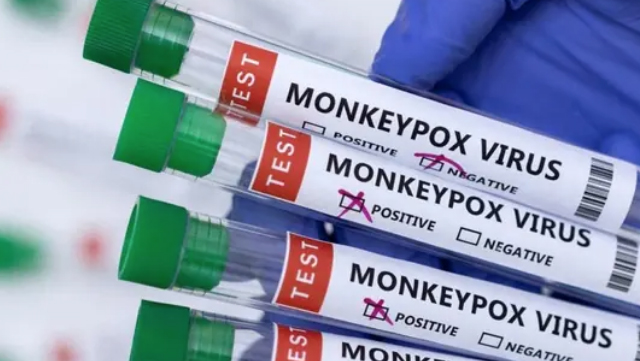
Geneva: The World Health Organization (WHO) has been informed about over 550 confirmed monkeypox cases in 30 non-endemic countries around the globe, WHO Director General Tedros Adhanom Ghebreyesus said.
"More than 550 confirmed cases have now been reported to WHO, from 30 countries that are not endemic for monkeypox virus," the WHO head told a briefing.
The director general noted that the virus may have been spreading unnoticed for some time given that the virus simultaneously appeared in many non-endemic countries.
The WHO expects more monkeypox cases in the future and is urging "affected countries to widen their surveillance, to look for cases in the broader community," Adhanom Ghebreyesus said, adding that the fight against monkeypox spread "could also prevent infected individuals from seeking care, making it harder to stop transmission.”

He also added that "monkeypox symptoms resolve on their own, but can be severe in some cases."The WHO's priority now is to inform those groups most at risk of monkeypox, to prevent further spread among at-risk groups, to protect frontline health workers, and to advance the understanding of the disease, he said.
Hundreds of monkeypox cases have been registered in European countries, Australia, and the United States. Medical officers are still unsure about the ways the infection has spread since monkeypox is endemic in African countries and the majority of those infected have neither had any contact with African people nor traveled there. According to the WHO, the majority of cases have spread among gay and bisexual men through mass events.
Monkeypox is a rare viral disease that is usually transmitted to people from wild animals. The disease can be transmitted through body fluids, respiratory droplets, and other contaminated materials. The disease usually results in fever, rash, and swollen lymph nodes. (UNI)







